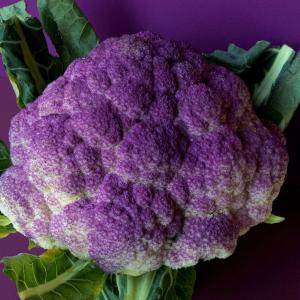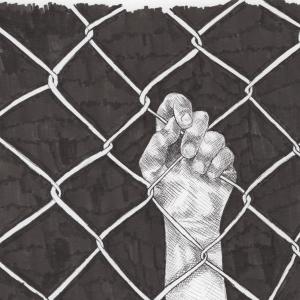A series exploring the spiritual practice of fasting.

Even amid a pandemic, I have heard a number of people continue their commitment to giving up foods that we societally understand as “bad.” In times of crisis and heightened levels of anxiety, the desire to better oneself — to feel control over certain aspects of one’s life — can increase. I witness people panic about the possibility of gaining weight while in quarantine or brag about their excessive exercise via social media. To be clear, there is nothing inherently wrong with wanting to include more fruits and vegetables into one’s diet or wanting to devote time to exercise, but many restrictive choices around food are influenced by diet culture intersecting with one’s values. My eating disorder started in that exact fashion.

Ash Wednesday 2020 marked a meat-free decade for me, a spiritual choice I made in 2010, just after I became engaged to a devout Hindu. What began as both a Lenten fast of solidarity and desperation — my husband is the cook, I am not — has held steady. A liturgical season turned into a year, then another and another. At each meal, I’ve made choice: Do I eat meat or not? Why or why not?

Isaiah 58 talks about a fast that loosens the bonds of wickedness. It undoes the straps of the heavy yokes that keep people oppressed and let them go free. It leads to food for the hungry, a home for the homeless, clothing for those without, and restores families. God says forthrightly, “This is the fast I desire."

Today, the Reclaiming Jesus elders are again calling us to liberation in public witness, but through means other than a rousing church service and candlelit procession to the White House. This time, the journey moves through time (40+ days) rather than space, and the destination is not the presidential residence but something a bit closer to home, if more difficult to reach: our own souls.